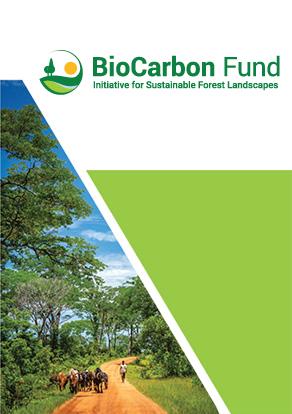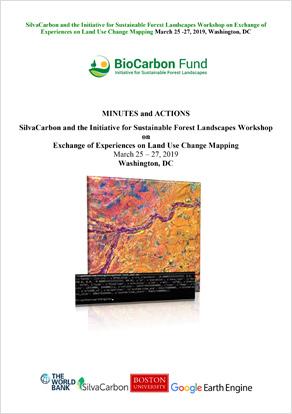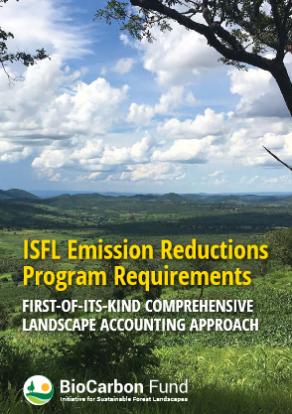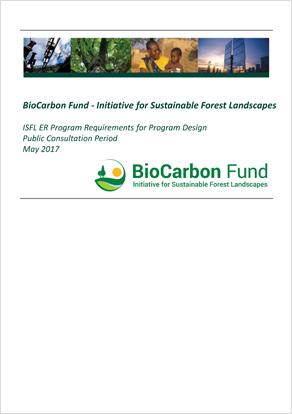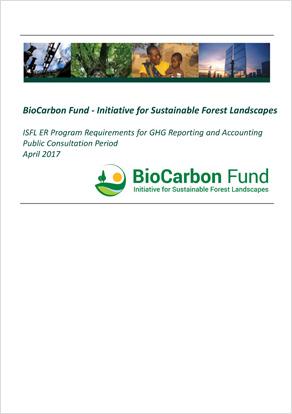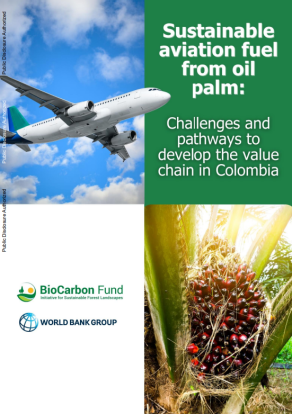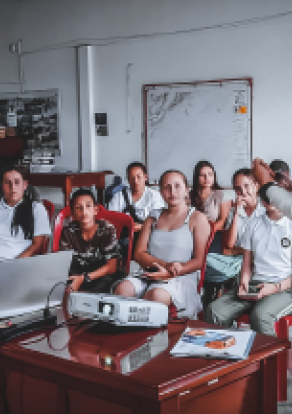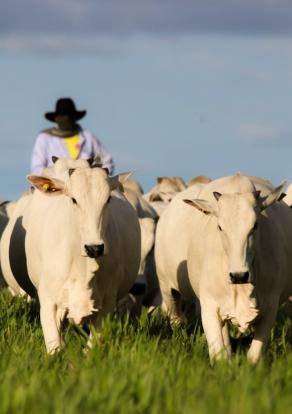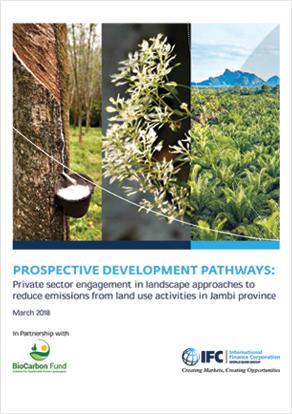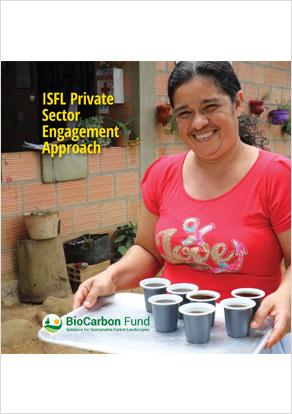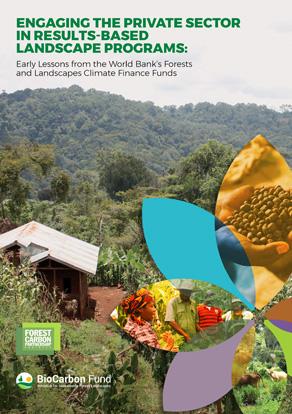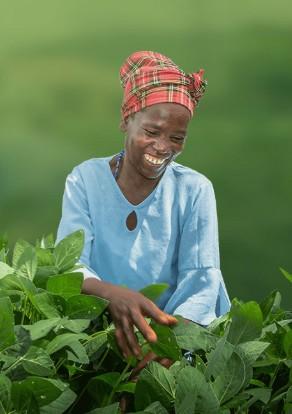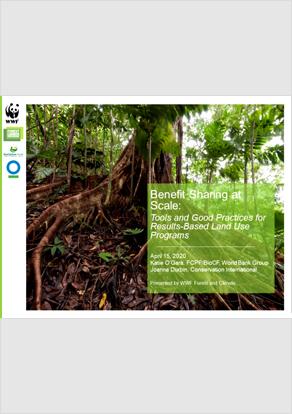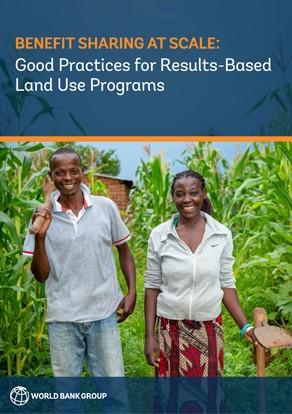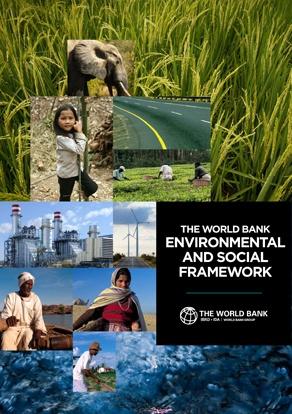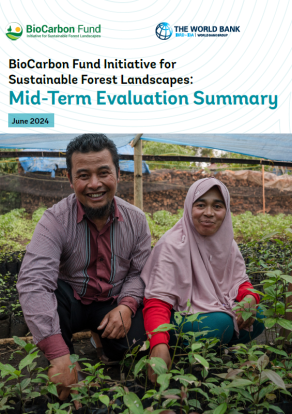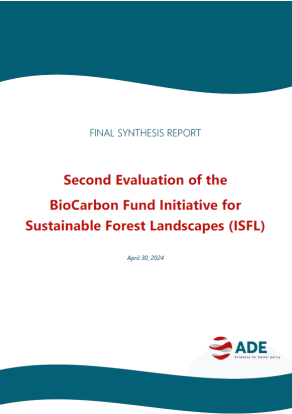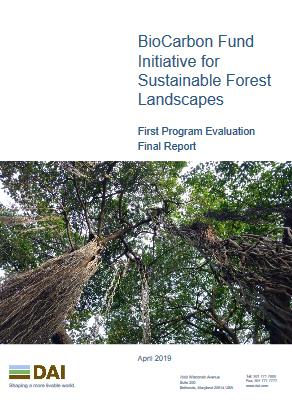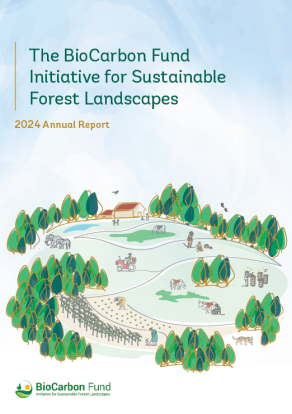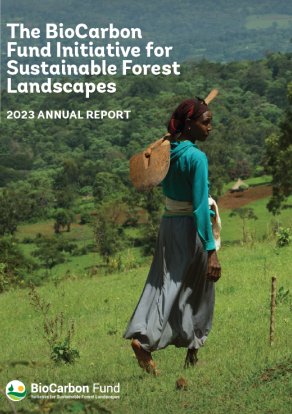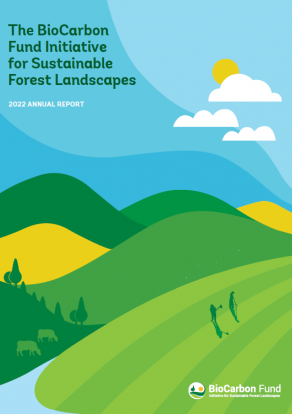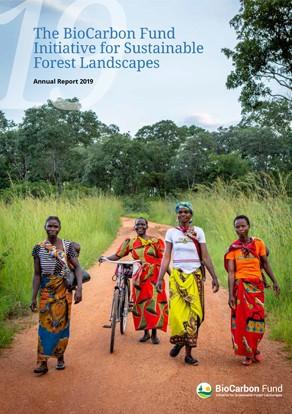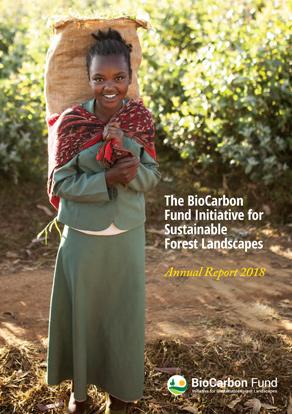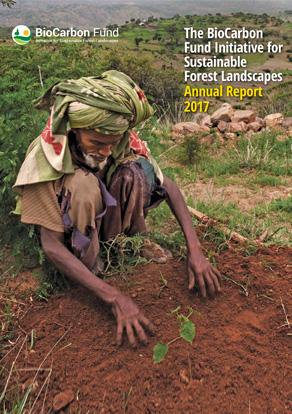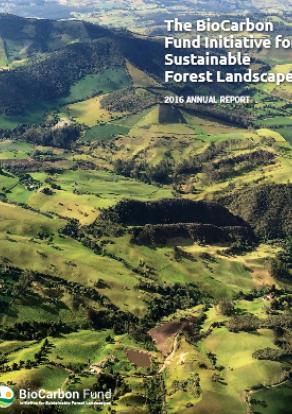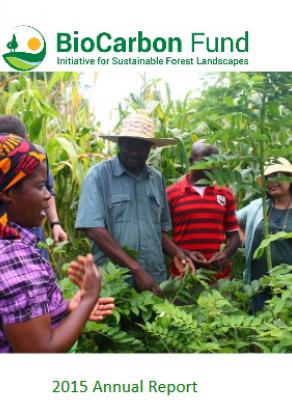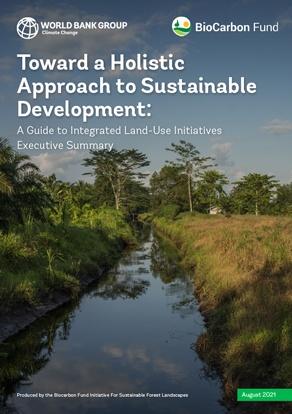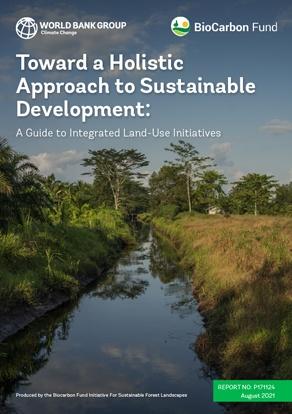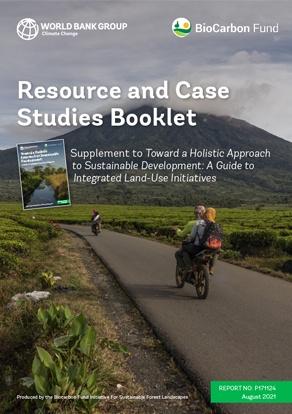Knowledge Center
- Workshops and Presentations
- Requirements & Guidance
- Carbon Accounting Resources
- Private Sector Resources
- Benefit Sharing Resources
- Social Inclusion Resources
- Monitoring and Evaluation Resources
- Annual Reports
- Integrated Land Use Resources
Workshops and Presentations
Presentations
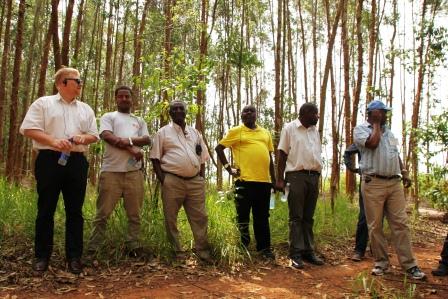
From February 23-28, 2015 representatives from government and private sector in Ethiopia and Mozambique traveled to Brazil for a South-South knowledge exchange on sustainable forest plantations. The study trip included meetings and learning sessions with government, private sector and research institutions on how forest plantations can promote rural development and reduce pressure on native forests. As part of World Bank forestry operations in Mozambique and Ethiopia (Forest Carbon Partnership Facility Grant for REDD+ Readiness, Oromia Forested Landscape Project and Improve Business Climate for Planted Forests), stakeholders in Ethiopia and Mozambique have demonstrated interest in increasing their understanding of different aspects of planted forests.
The objectives of the study tour included:
- Increase participants’ knowledge on how re/afforestation activities and planted forests can contribute to poverty reduction, focusing on smallholders in the timber supply chains, organization of small producers to participate in plantations activities, extension and support services and public-private partnerships;
- Increase awareness on the latest advances on silviculture and technologies on fast-growing species with particular emphasis on applicability for smallholder forestry; environmental sustainability in forest plantation, including relation between forest plantations and the reduction of pressure over native forest;
- To enable participants to bring home skills and transferable knowledge on public policies and incentives to foster forest plantations by the private sector (large, small, domestic and international) that could be applied in their country contexts and used to formulate concrete recommendations actions
- Provide participants with knowledge on tools to access to finance, smart subsidies and innovative sources of financing for forest activities and how to create a positive investment climate for forest activities and wood industry.
- To establish and strengthen lasting partnerships with Brazilian entities and agencies working in the forestry sector that can sustain after the study tour
Photos (Flickr album)
Blog: Lessons on Forests from Brazil to Ethiopia and Mozambique (English)
Agenda
Documents
Presentations
Summary Reports

From July 20-22, 2015 representatives from REDD+ countries met for an African Regional Workshop on Jurisdictional Programs. The objective of the workshop was to build a common understanding on how to design and operationalize sustainable landscape management programs that aim to reduce GHG emissions. The workshop focused on high level strategic issues related to program design and implementation, including country political commitments, establishing a program (vision) that integrates with the national development agendas, aligning multiple partners and stakeholder for program delivery, and incentive structures for results-based payments. The primary participant base was comprised of African technical leaders on jurisdictional programs, who serve as counterparts to the World Bank's BioCarbon Fund (BioCF) and Forest Carbon Partnership Facility (FCPF) and are involved with managing jurisdictional REDD+ programs through their respective line ministries.
Photos (link to Flickr)
Feature story - Mozambique seeks south-south knowledge as it tackles deforestation and greenhouse emissions
Agenda
Documents
Presentations

From February 23-28, 2015 representatives from government and private sector in Ethiopia and Mozambique traveled to Brazil for a South-South knowledge exchange on sustainable forest plantations. The study trip included meetings and learning sessions with government, private sector and research institutions on how forest plantations can promote rural development and reduce pressure on native forests. As part of World Bank forestry operations in Mozambique and Ethiopia (Forest Carbon Partnership Facility Grant for REDD+ Readiness, Oromia Forested Landscape Project and Improve Business Climate for Planted Forests), stakeholders in Ethiopia and Mozambique have demonstrated interest in increasing their understanding of different aspects of planted forests.
The objectives of the study tour included:
- Increase participants’ knowledge on how re/afforestation activities and planted forests can contribute to poverty reduction, focusing on smallholders in the timber supply chains, organization of small producers to participate in plantations activities, extension and support services and public-private partnerships;
- Increase awareness on the latest advances on silviculture and technologies on fast-growing species with particular emphasis on applicability for smallholder forestry; environmental sustainability in forest plantation, including relation between forest plantations and the reduction of pressure over native forest;
- To enable participants to bring home skills and transferable knowledge on public policies and incentives to foster forest plantations by the private sector (large, small, domestic and international) that could be applied in their country contexts and used to formulate concrete recommendations actions
- Provide participants with knowledge on tools to access to finance, smart subsidies and innovative sources of financing for forest activities and how to create a positive investment climate for forest activities and wood industry.
- To establish and strengthen lasting partnerships with Brazilian entities and agencies working in the forestry sector that can sustain after the study tour
Photos (Flickr album)
Blog: Lessons on Forests from Brazil to Ethiopia and Mozambique (English)
Agenda
Documents
Presentations
Summary Reports

From July 20-22, 2015 representatives from REDD+ countries met for an African Regional Workshop on Jurisdictional Programs. The objective of the workshop was to build a common understanding on how to design and operationalize sustainable landscape management programs that aim to reduce GHG emissions. The workshop focused on high level strategic issues related to program design and implementation, including country political commitments, establishing a program (vision) that integrates with the national development agendas, aligning multiple partners and stakeholder for program delivery, and incentive structures for results-based payments. The primary participant base was comprised of African technical leaders on jurisdictional programs, who serve as counterparts to the World Bank's BioCarbon Fund (BioCF) and Forest Carbon Partnership Facility (FCPF) and are involved with managing jurisdictional REDD+ programs through their respective line ministries.
Photos (link to Flickr)
Feature story - Mozambique seeks south-south knowledge as it tackles deforestation and greenhouse emissions


